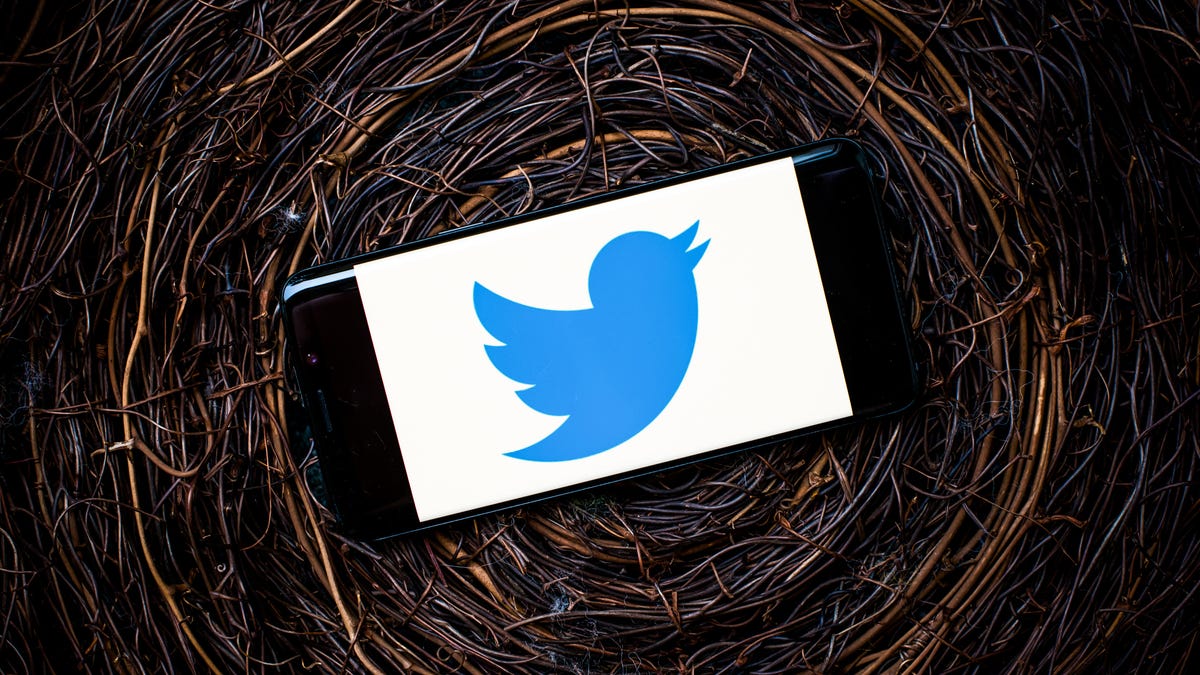Twitter tests labeling 'harmfully misleading' tweets by politicians
A leaked demo shows bright orange labels beneath the tweets.

Twitter is testing new ways to combat misinformation ahead of the 2020 US elections.
Twitter is exploring whether to add brightly colored labels beneath misleading tweets from politicians and public figures, a move that could make high-profile users more wary about spreading lies.
The social network is still testing these labels and it's unclear if Twitter will eventually roll out the feature. The experiment shows that Twitter is considering new ways to combat misinformation, including from politicians, a top concern ahead of the 2020 US elections.
NBC News, citing a leaked demo that included the new feature, reported Thursday that tweets from journalists and fact-checkers who correct the misleading information could appear below the label and the visibility of the tweet would be reduced. Twitter's approach is similar to how Facebook handles misinformation on its site, but it goes a step further because it involves political speech. Facebook doesn't send posts and ads from politicians to fact-checkers, because it considers them newsworthy.
NBC News on Thursday shared an image from a leaked demo that features a new label Twitter is exploring.
In a screenshot from the leaked demo that NBC shared, a bright orange label appears under a tweet from Democratic presidential candidate Bernie Sanders. In the tweet, Sanders falsely says that 40% of the guns in the country are sold without background checks. Other tweets shown below the misleading label note that Sanders is referencing outdated and flawed data. Fact-checking site PolitiFact cited more recent research that found 22% of US gun owners acquired a firearm without a background check.
"We're exploring a number of ways to address misinformation and provide more context for Tweets on Twitter. This is a design mockup for one option that would involve community feedback. Misinformation is a critical issue and we will be testing many different ways to address it," a Twitter spokeswoman said in a statement to CNET.
In another version of the demo, Twitter users could earn "points" and a "community badge" if they provided more context about a misleading tweet, NBC News reported. Users are also asked if the tweet is "likely" or "unlikely" to be "harmfully misleading."
Misleading tweets aren't the only content Twitter has considered labeling. The company said last year that it would place a notice over tweets from certain politicians and government leaders, including US President Donald Trump, if the content violates its rules but is kept up for public interest. Twitter hasn't used that notice yet.
In March, Twitter will also start labeling manipulated media. The new policy applies to deepfakes -- artificial intelligence-powered videos that make it seem like people are doing or saying something they didn't -- and media altered with simple editing software.
Twitter's rules are already being tested before the policy goes into effect. In February, the company refused to pull down an edited video posted by Trump that some Democrats said misleads viewers about when House Speaker Nancy Pelosi ripped up a copy of the president's State of the Union address. On Thursday, some users were calling on the company to take action against an altered video posted by Democratic presidential candidate Mike Bloomberg. The video made it seem like the other candidates responded in silence after he asked, during Wednesday's Democratic debate, if any one of them had started a business. It appears that if Twitter's manipulation policy had already been in effect, the video would've been labeled.

